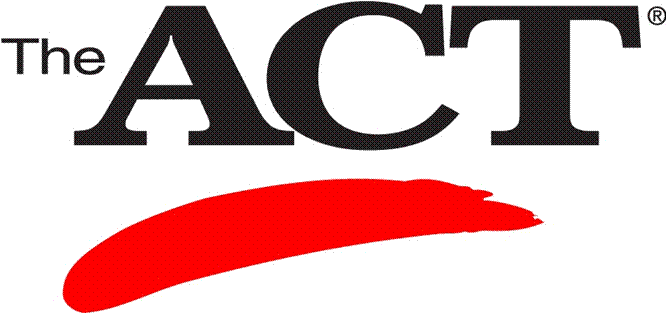Juniors took a four hour practice ACT for the first time at Huntley High School in Nov. After hearing of other school’s successes, HHS tried this new system out as well.
The ACT is a national college admissions examination and it is a major factor in getting into the right college. The test is split into 4 different potions; English, mathematics, science, and an optional writing part. In the past, students were given the ACT practice tests in their core classes, not as one big practice test.
“The tests are broken down by the courses they’re in,” said Principal Dave Johnson.
The exam was always given to the students individually with breaks in between each potion or on different days.
“Juniors told me that the ACT was a difficult experience,” said Johnson.
After hearing his students’ concerns, HHS took a new approach in making the experience easier for the students. They began using a no charge program named Revolution Prep.
Revolution Prep has a different style of preparing students for the ACT. They provide the school with a test that resembles the ACT, and gives the students a chance to get a feel for what is coming in April.
“What we do is we hold mock exams for students so they can see what the ACT is like and it gives them a chance to see just how much it takes to sit through a test that long,” said Clients Relations Manager of Revolution Prep, Jeoff Walker.
Quickly after the test, the students are able to see their results. The students receive a large amount of feedback from Revolution Prep. They are told their scores in each section, and what they should try to improve on for the actual ACT. Students are able to view their test scores online also, so it’s faster and easier on their part.
Juniors at Huntley High School benefit from this program in many ways. This test gives the students opportunities to improve their ACT scores because they are receiving knowledge about the test.
Students need to be comfortable with the test and its format before taking it. When they take the practice test they are viewing the format of the ACT itself and the questions.
Not only are students benefitted in that aspect, but in another as well. The practice test is timed out just like the actual ACT. It gives them an idea of how quickly they need to answer each question and how much time they will receive to complete each portion of the exam.
“It was cool that we got to take it,” said junior Kate Darby. “Knowing how I did motivates me to get a better score.”
This new method of practice testing has been used in other high schools, has increased scores, and has made students more confident in taking the exam.
Since the ACT is a crucial step in high school, it is very important that students prepare for the ACT. They have until April to study on their own with the guidance of Revolution Prep’s feedback, until they have to tackle the ACT.
“We want our students to do the best they can,” said Johnson.
-Priya Thakkar
Staff Writer
ACT FACTS
| What percentage of 2010 high school graduates met all four of ACT’s College Readiness Benchmarks? | 24% | |
| How does that compare to past years? | It’s up from 21% in 2006 and 23% last year. | |
| What was the national average ACT composite score for 2010? | 21.0 | |
| How does that compare to past years? | It is down slightly from 21.1 in three of the past four years. | |
| What is the source of the 2010 ACT national average? | The scores of all ACT-tested 2010 high school graduates (nearly 1.6 million students) | |
| What is the highest possible ACT score? | 36 | |
| What percentage of 2010 graduates who took the ACT scored 36? | Less than one-tenth of 1 percent | |
| What subject areas do the ACT questions cover? | English, math, reading, science, and writing (optional) | |
| How many questions are asked? | English: 75 Math: 60 Reading: 40 Science: 40 Total: 215 |
|
| When was the ACT first administered? | Fall 1959 | |
| In how many states is the ACT administered? | 50 | |
| Since when has the ACT been a 50-state exam? | 1960 | |
| In how many states do more than 50 percent of high school graduates take the ACT? | 27 | |
| What are the top five states in numbers of ACT-tested high school graduates? | Illinois, Michigan, Florida, Texas, California | |
| At what U.S. colleges and universities are ACT scores accepted? | All of them | |
| Can students with disabilities take the ACT? | Yes |
-act.org

